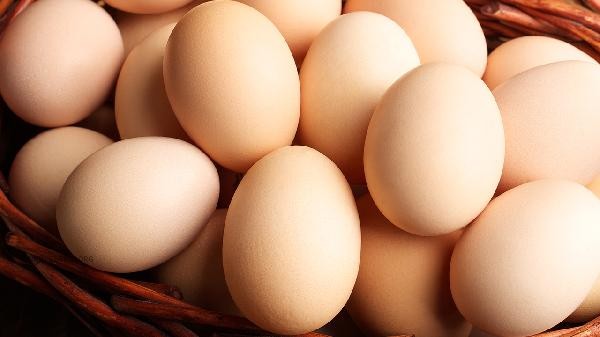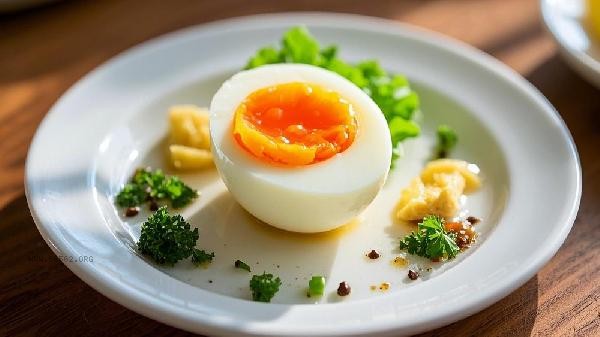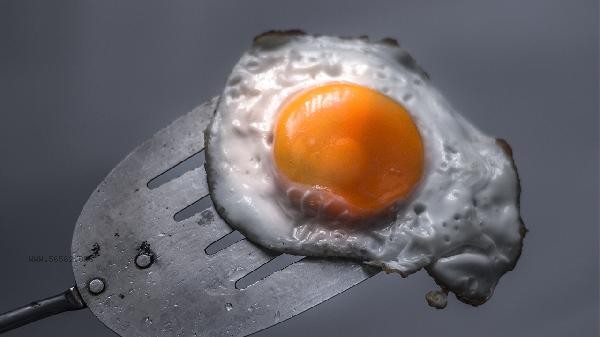The stickiness of boiled eggs may be related to factors such as egg freshness, cooking time, water temperature control, and eggshell treatment. The sticky skin of eggs is usually manifested as the adhesion of the eggshell and protein, which is prone to breakage when peeling.

1. Freshness of Eggs
Fresh eggs have a higher viscosity of egg white, and the inner membrane of the eggshell is tightly bound to the protein, making it more prone to sticking to the skin after cooking. Eggs that have been stored for a long time are relatively easy to peel after cooking due to the evaporation of water, the enlargement of the air chamber, and the increase in the pH value of the egg white. It is recommended to choose eggs with a recent production date and store them in a cool and dry environment.
2. Cooking time
Prolonged cooking time can lead to excessive coagulation of proteins, forming tight connections with the inner membrane of eggshells. After boiling, it is advisable to boil over medium heat for 8-10 minutes. Once cooked, immediately rinse with cold water and use the principle of thermal expansion and contraction to separate the protein from the eggshell. Avoid using strong continuous boiling fire, as it can easily cause eggshell cracking and exacerbate adhesion.
3. Water temperature control
Boiling eggs in cold water can easily lead to adhesion between the protein and the inner membrane of the eggshell due to slow heating process. You can boil the water until it boils slightly before adding the eggs, or use steaming method. When steaming eggs, the steam temperature is stable and evenly heated, which can reduce the sticking phenomenon caused by local overheating.

4. Eggshell treatment
Before cooking, use a needle to pierce a small hole in the blunt end of the egg to balance the internal and external air pressure and prevent the eggshell from breaking. After cooking, lightly tap the eggshell to form cracks, soak in cold water to allow water to seep into the gaps between the shell membranes. When peeling, starting from the gas chamber end and following the natural separation layer between the inner membrane and protein, the egg surface can be kept intact.
5. Other factors
differences in egg breeds can affect the thickness of the eggshell and the structure of the inner membrane. Native chicken eggshells are thicker but the inner membrane is more resilient. Adding a small amount of salt or white vinegar to water can change the rate of protein coagulation, but may affect the taste. The use of a specialized egg boiler can accurately control temperature and time, reducing the probability of operational errors.

When cooking eggs in daily life, you can choose to store them for 3-5 days. After the water boils, time and control the heat, and quickly cool them after they are cooked. If severe skin sticking frequently occurs, check if the egg storage conditions are suitable or try different cooking methods. Eggs are rich in high-quality protein and lecithin, and proper cooking can maximize the retention of nutrients. It is recommended to pair them with vegetables and fruits to ensure a balanced diet.









Comments (0)
Leave a Comment
No comments yet
Be the first to share your thoughts!